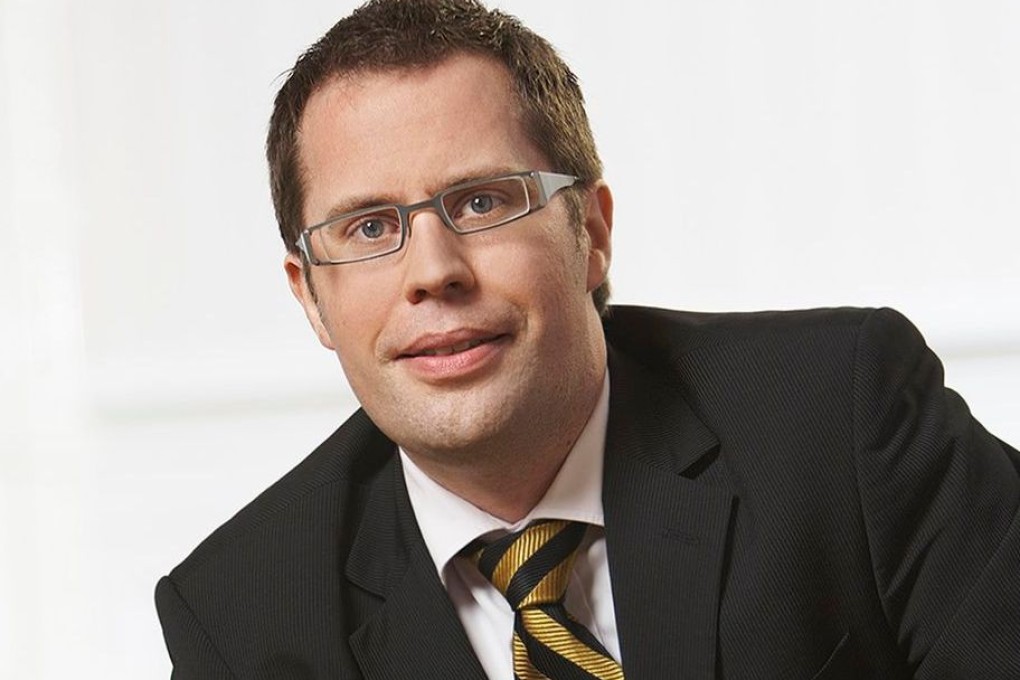
The life sciences pose vast opportunities for Indonesia to derive economic value from its position as a biodiversity hot spot. This is the premise for setting up Indonesia International Institute for Life Sciences or i3L, the country's first research institute in the life sciences, as part of bilateral ties with Sweden.
"Biodiversity has been identified as one of Indonesia's assets but it has never been monetised, so we're starting a process of systematically building up innovation capacity and accelerating the development activities around those assets," says Professor Niclas Adler, i3L president.
Drawing from rich experience in advancing applied entrepreneurship in the biotechnology sector, Adler envisions i3L as an innovation hub with a global impact. Indonesia fits the bill as it has the world's largest expanse of coral reefs, which are a natural resource for medical and nutritional purposes but the least explored. The government is open to innovations in these fields and is in the process of developing incentives and regulatory openings to make Indonesia more attractive.
As the pioneer in life sciences, i3L has the most extensive course offering in the country. Its six undergraduate programmes are food science, food technology, biomedicine, biotechnology, bio-informatics and bio-entrepreneurship. To meet the needs of working professionals, i3L is developing joint and double-degree master programmes together with leading international universities. Meanwhile, continuing innovation pathways are being established in the food and pharmaceutical industries, which have commissioned i3L to create Indonesian industry's life sciences road map to 2025.
Given its strategic prospect, i3L attracts high-calibre partnerships. Europe's top medical schools and agricultural universities are eyeing possible transformational projects within Indonesia that could engage their top faculties and talents. China's International Technology Transfer Center has already opened talks with i3L on setting up a satellite centre in Jakarta.
"I think we'll see more countries with mature technologies taking part in building the initial infrastructure, creating interest among local players to start climbing value chains in the food and pharmaceutical industries," Adler says.